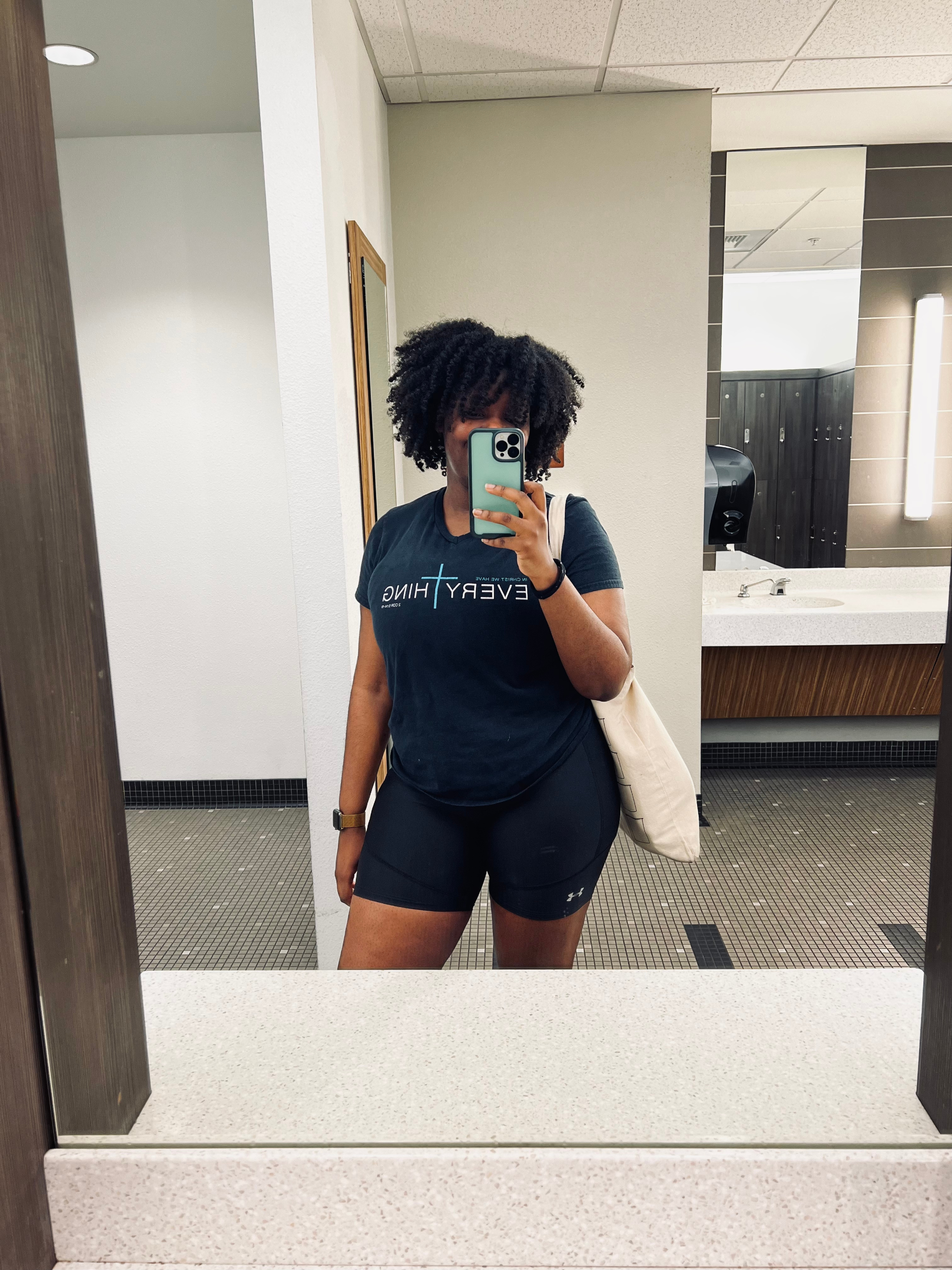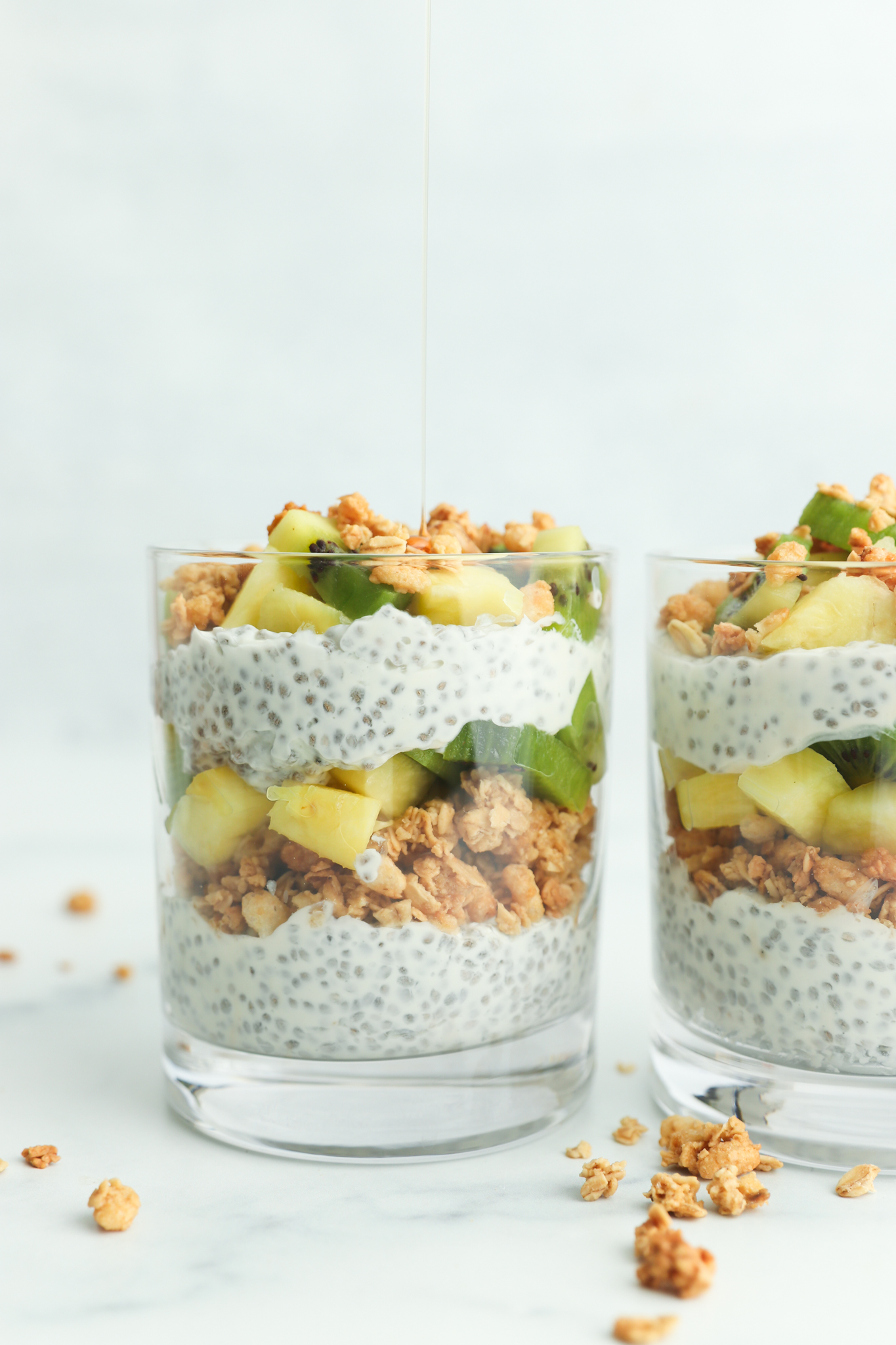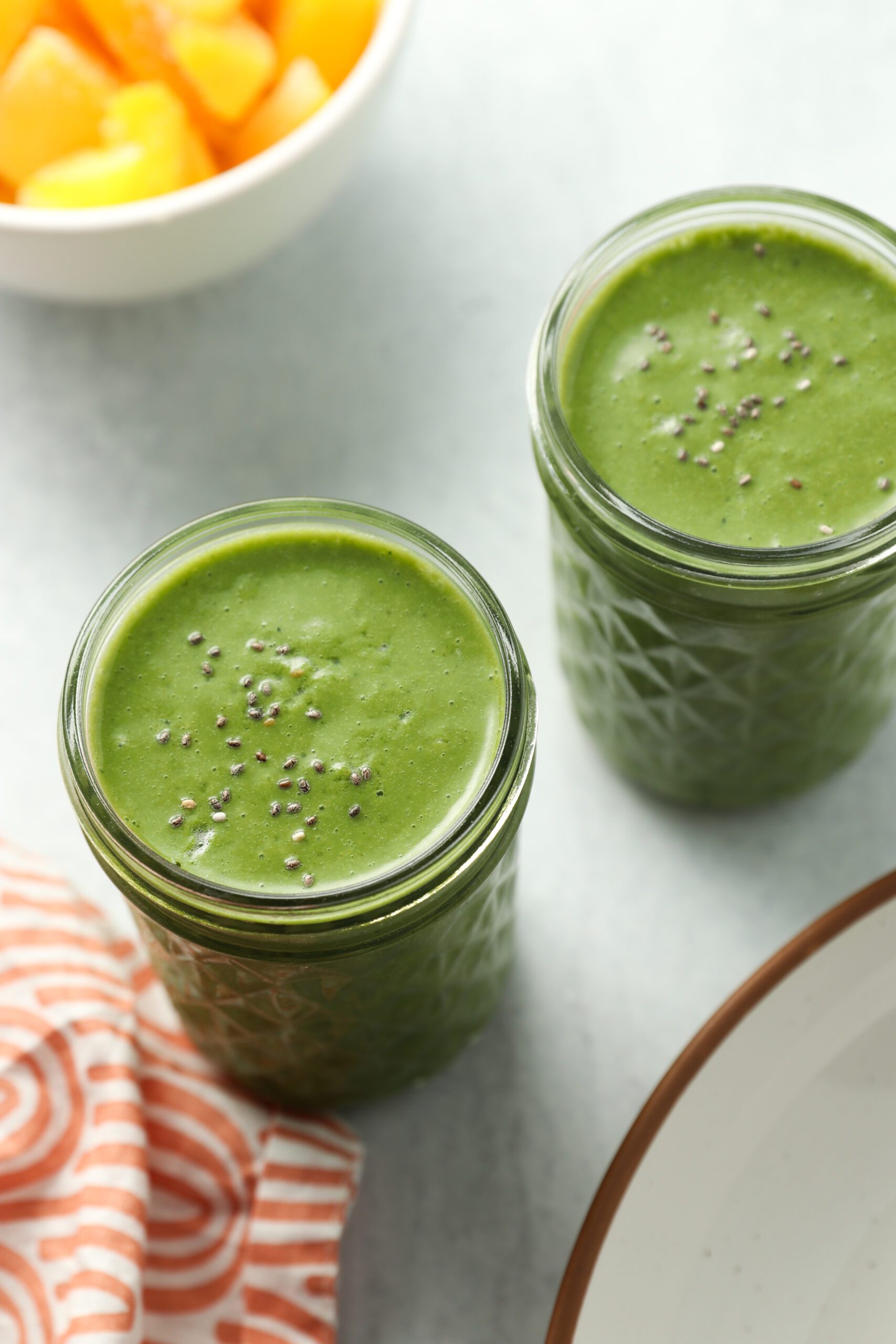This website uses cookies to improve your experience. We'll assume you're ok with this, but you can opt-out if you wish. Read More

Exercise has been helping my mental health in ways that I never imagined. There’s so much research about how exercise can be beneficial for one’s mental health. However, I had to develop a healthy view of myself before making exercise a habit.
I’ve always loved exercise as a child. My fondest childhood memories were of me mimicking my mom’s pilates instructor on the TV. From a young age, I attached exercise with weight loss, because that’s all they talked about on TV. But that didn’t fare well as an adult. Our society places a lot of worth on individuals in smaller bodies, and weight loss, leaving behind the concept of self-acceptance in every season of life.
I don’t remember having many issues with body image as a teenager, which is a huge privilege in today’s society. But, there was a lot of discourse about women being more attractive if they had a curvy shape, or having a large butt. As a Caribbean American kid, my cousins spent a lot of time teaching my sister and I how to dress no matter what our body shape was. It wasn’t until I went to college, and gained 30-45 lbs that I started to receive comments about my weight.
“You need to watch the carbohydrates. You’re putting on a lot of weight.”
Those were the types of comments I would receive when I came back home from college. I always understood the intention behind it. But no one ever took the time to consider how I was doing, and how those comments might’ve impacted my mental health. I struggled with depression off and on through college, and I would emotionally eat to soothe my feelings. My physical activity drastically decreased once I got a car (and for those who live in NY, you know we walk everywhere!). And if we’re being honest, most college-aged individuals don’t have the resources to take care of their health in a sustainable way. But once I started graduate school, and started going to therapy, I came to a humbling, but striking realization about my view of body image and health.

Our society struggles with the concept of weight gain because we somehow attach it to morality and success in health. We look at people in smaller bodies and automatically assume they’re physically active or have “perfect nutrition”. But people in smaller bodies can still be susceptible to some of the same illnesses that might occur in someone of a larger body. This is not to shame those who want to lose weight or who have lost weight in a sustainable way.
But if you are placing a lot of your self worth on weight or your body image, I beg you to ask yourself these questions?
How much of my self worth to I place on my weight?
How do I navigate life as a human being?
Am I taking good care of my mental health?
Am I prioritizing ways to move my body regardless of my weight?
Do I feel nourished when I eat, or am I still starving after?
Do I have energy to complete my daily functions?
AND, how has my socioeconomic status and race impacted my ability to live well?
“A smaller bodies ≠ healthy.”
These are the questions that I started asking myself in the last few years ago to shift my perspective of health. Working in the hospital as a Clinical Dietitian showed me how insensitive we can be to people in larger bodies. It also showed me how restriction and rigidity surrounding food can harm your mental health. Lastly, I’ve recognized that smaller bodies ≠ healthy.
So I’ve shifted the way I look at exercise now. I no longer care to be at a specific weight for my BMI, be skinny, have abs, or grow my glutes (as the fitness influencers say). What I do care about is living an authentic and meaningful life. But I had no idea what this meant. So I went back to the drawing board and figured out what the vision for my life was. Then I aligned my intentions to that vision. This is what I came up with:
- I want to be strong. Not just physically but mentally.
- I want to have energy to make more memories with the people I care about.
- I want to love my body through every stage of life that it experiences.
- I want to participate in a view of health that allows me to experience holistic wellness, not society’s view of it.
This perspective shift has been a beautiful and rewarding journey so far. Exercise has been helping my mental health far beyond what I imagined for myself. To someone out there who struggles to accept their body, I encourage you to look at your intentions for life. What are your hopes and dreams? What matters most to you? If you can identify this, you can re-work your view of your body image, and come up with intentions that match your vision for your life.
©️ 2025 KRYSTAL GEORGE | Brand & websiTe by Maya Palmer Designs | Privacy Policy | Terms
Let's Connect
Attachment is a popularized term from the world of psychology that explains how an individual connects to another individual. Many therapists and psychologists in our society today practice attachment-based therapies, which seek to help individuals make connections between how they connected to
Strategies for Healing an Anxious Attachment
More Links to Explore
Lifestyle
Top Categories
My favorite snack to eat when I need something light and filling – crunchy, refreshing, and filled with fiber!
Fresh Spring Roll Wraps
featured recipe


